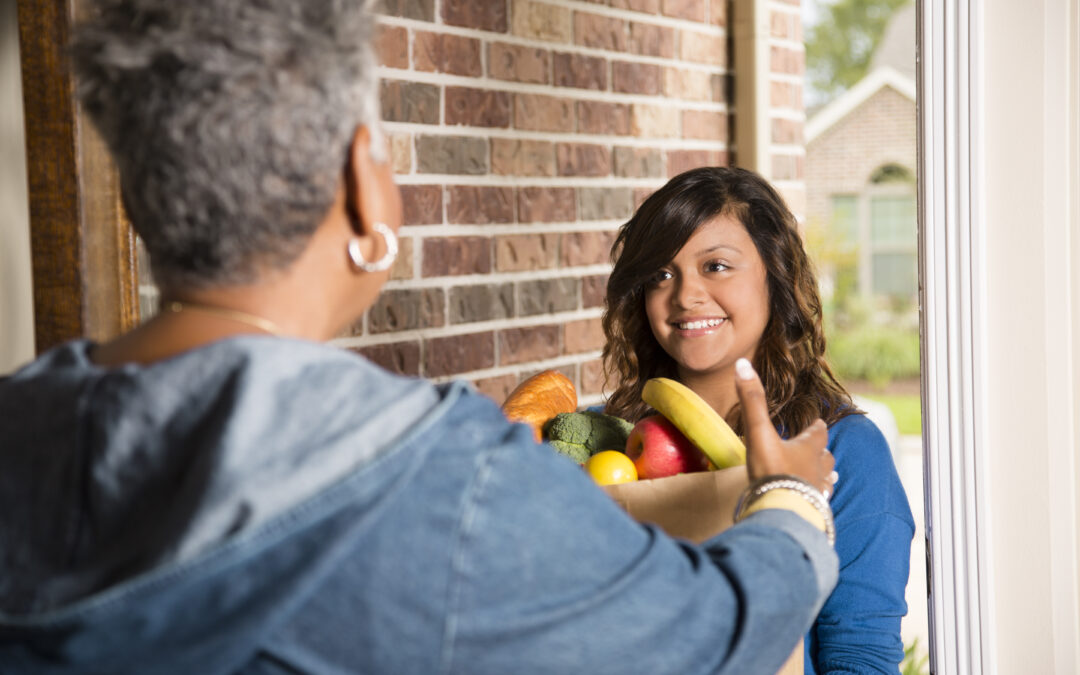For more than two years, the COVID-19 pandemic has disrupted every part of our lives. Our society and communities have sustained great damage from multiple ruptures of the social fabric. It’s time for community associations to rebuild trust and bring neighbors back together again.
An unwillingness to listen to and tolerate differing viewpoints has fostered an increasingly unhealthy environment in common interest communities. If we want to restore community, we must refocus on what really matters. How can healthy and neighborly interaction be restored after the wrenching events we have experienced? I consulted several experts in psychology and sociology for advice.
They agree returning to “business as usual” will not automatically restore healthy relationships. But volunteer leaders can start by insisting upon civil and respectful behavior. Once that baseline is established, there are other common-sense actions leaders can take to improve relationships in their communities.
Experts agree looking forward, identifying a common bond, and highlighting the unique value of your community are important tactics to rebuild trust and unity.
Don Forsyth, a professor of social psychology at the University of Richmond in Virginia, recommends developing a focus on shared goals to help repair damaged and fragile relationships. He says that building an identity and a sense of purpose for the community will create unity “faster than anything else.”
David G. Myers, a professor of psychology at Hope College in Michigan, emphasizes the importance of revisiting what makes the community association unique or special, such as its history, architecture, or amenities. Creating a community logo or posting photos on a website builds that sense of “us,” he says.
Forsyth urges community associations to avoid discussing controversial political and social issues. Instead, they should stick with practical matters pertaining to the community. Leaders also should acknowledge the physical isolation as well as loss of civility and neighborly atmosphere experienced during the pandemic.
Finally, he recommends increasing communication with members and scheduling fun events such as fundraisers or contests to build cohesion and help remind the community why it exists.
Ultimately, leaders must strive to make their communities places that put a priority on caring for neighbors and valuing their shared living arrangements. Homeowners must feel safe, respected, valued, and accepted, say Nan and Dave Dhuet, a pair of veteran counselors in Eagle Rock, Calif.
No matter what form the solution takes, the critical challenge for community association leaders now is to develop and sustain a long-term strategy to rebuild trust as well as model and reinforce a sense of community despite varied opinions and backgrounds in both good—and polarizing—times.
Let’s take on that challenge.
>>Download and adopt the CAI Civility Pledge for your community today.


